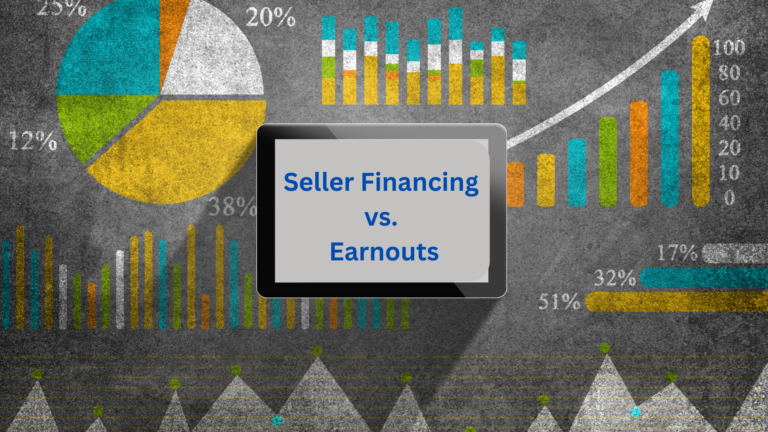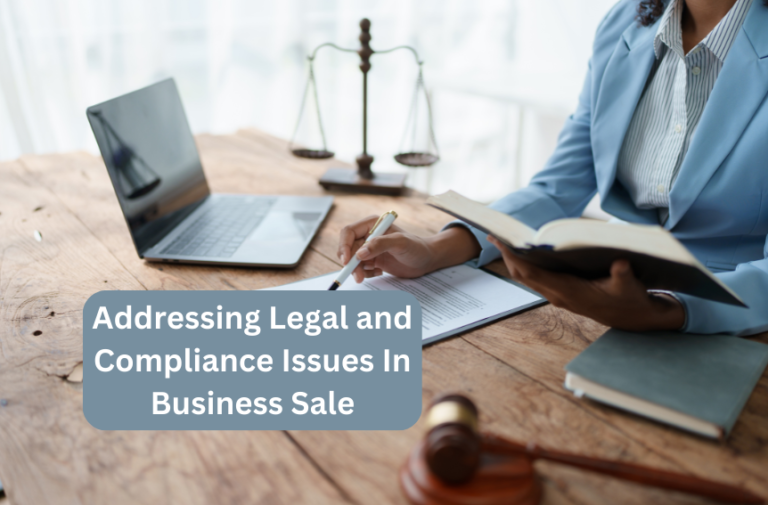When selling a business, one of the most critical decisions is whether to structure the transaction as a stock sale or an asset sale. Each approach comes with distinct implications for both buyers and sellers, affecting taxes, liabilities, and the complexity of the deal. Understanding these differences is essential for making an informed decision that aligns with your financial and strategic goals.
What Is a Stock Sale?
A stock sale involves the seller transferring their ownership interest in the company by selling shares of stock (or membership units in the case of an LLC) to the buyer. The business entity itself remains unchanged, along with its assets, liabilities, contracts, and employees.
Key Features of a Stock Sale:
-
- What’s transferred: Ownership of the entire company, including all assets and liabilities.
-
- Liabilities: The buyer assumes all company liabilities, including debts and potential legal obligations.
-
- Taxation: The seller typically incurs capital gains tax, while the buyer inherits the company’s tax attributes (e.g., loss carry-forwards and existing depreciation schedule).
-
- Contracts: Existing contracts, leases, and agreements usually remain in place without renegotiation.
-
- Complexity: While generally more straightforward for the seller since individual assets don’t need to be transferred separately, this process requires thorough due diligence on the buyer because the buyer inherits all liabilities and the full history of the business.
Who Benefits from a Stock Sale?
-
- Sellers: Stock sales are often more favorable for sellers, as they provide a clean exit and may offer tax advantages, particularly in jurisdictions with favorable capital gains treatment.
-
- Buyers: Stock sales could be less favorable for buyers since they assume all existing liabilities, including potential unknown risks such as lawsuits and tax obligations. However, some buyers may choose to use the form of stock sale (purchase) when there are valuable contracts or licenses involved. Stock sales provide minimum disruption to business, employees, customers and suppliers, helping maintain business continuity and goodwill.
What Is an Asset Sale?
In an asset sale, the buyer purchases specific assets of the business—such as equipment, intellectual property, customer lists, and real estate—rather than acquiring the company’s stock. Liabilities are generally not assumed unless explicitly agreed upon.
Key Features of an Asset Sale:
-
- What’s transferred: Only specific assets and any agreed-upon liabilities.
-
- Liabilities: Buyers do not inherit liabilities unless specified in the purchase agreement.
-
- Taxation: Buyers benefit from a step-up in the tax basis of purchased assets, which allows for future depreciation. Sellers, however, may face ordinary income tax on certain assets, potentially resulting in a higher tax burden.
-
- Contracts: Existing contracts must be renegotiated or reassigned, which can complicate the transaction.
-
- Complexity: More complex for the seller, as it requires asset allocation and legal considerations for each transfer.
Who Benefits from an Asset Sale?
-
- Sellers: Less favorable due to added complexity and potential tax implications, though it allows them to avoid transferring liabilities.
-
- Buyers: More favorable for buyers, as they can selectively acquire assets while avoiding unwanted liabilities. Significant tax advantages can also make asset sales attractive.
Choosing the Right Approach
Choosing between a stock and asset sale involves evaluating various factors such as tax implications, liability exposure, and the strategic goals of both the buyer and the seller.
Stock Sale: This approach is ideal for sellers seeking a clean exit, as it typically involves fewer transaction complexities and may provide tax advantages. Since the buyer acquires the entire business, including all assets, contracts, and liabilities, there is minimal need for renegotiating agreements or restructuring operations. Additionally, stock sales often result in lower tax obligations for sellers, particularly if the gains qualify for capital gains treatment.
Asset Sale: This option is often preferred by buyers looking to avoid liabilities and maximize tax benefits. Since buyers can select specific assets to acquire while leaving behind certain obligations, they gain greater flexibility and control over the acquired business components. Asset sales also provide tax advantages, as buyers can benefit from a stepped-up basis in the purchased assets, allowing for future depreciation deductions. Sellers may also favor asset sales when they wish to retain certain liabilities or when selling only a portion of the business rather than the entire entity.
Final Thoughts
The decision between a stock and asset purchase depends on multiple factors, including tax implications, liability considerations, and the long-term objectives of both parties.
Ultimately, there is no one-size-fits-all approach. Each transaction should be evaluated based on its unique circumstances, balancing the priorities of both the buyer and the seller. Seeking guidance from financial and legal professionals, and an experienced business broker like Accel Business Advisors, can help structure a transaction that aligns with the strategic and financial goals of all stakeholders while facilitating a smooth transition of ownership.
Contact us today at [email protected] or call (408) 436-1900 to discuss your business goals. a smooth and successful business transition!













